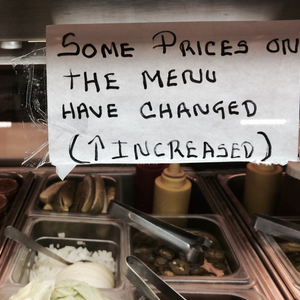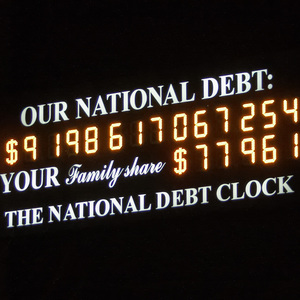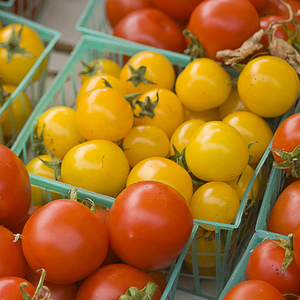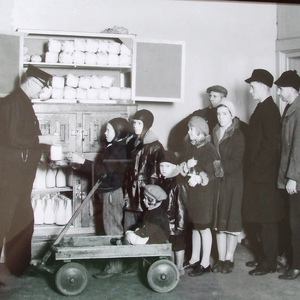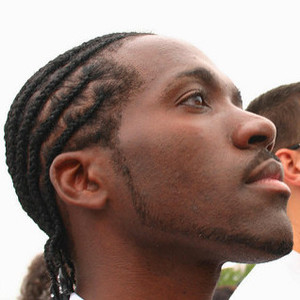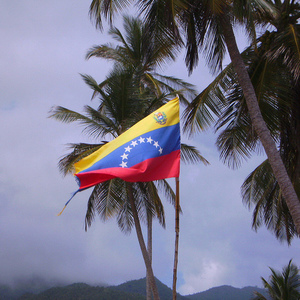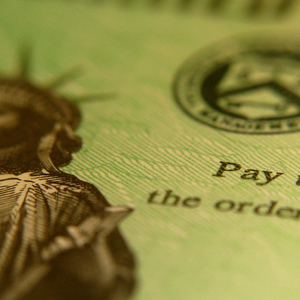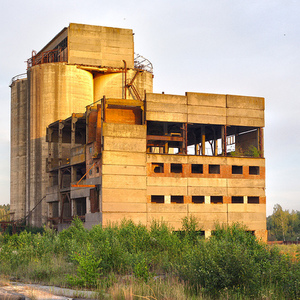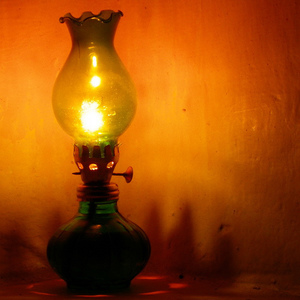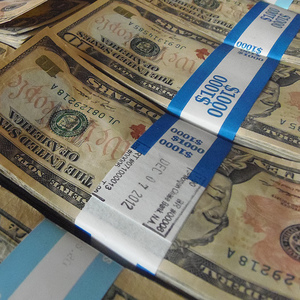When economists track the performance of the U.S. economy, they pay attention to factors like economic growth, inflation, and unemployment. One economic model, the Phillips Curve, suggests that when unemployment is low, inflation increases, and vice-versa. But is that always true? Listen to learn about the relationship between unemployment and inflation, and about how economists’ interventions can actually change it.
Continue reading “The Relationship between Unemployment and Inflation”Paying off the National Debt
In 1835, the United States had a completely unique moment in its history–for exactly one year, the country had no debt. Making America debt-free was something of an obsession for then-President Andrew Jackson, who sold off government-owned land and vetoed federal spending in order to pull the country out of the red. Listen to hear about Jackson’s attitude toward debt, the fiscal policy he imposed, and some of the unforeseen consequences of that policy.
Continue reading “Paying off the National Debt”How the GDP Is Like Your GPA
The Gross Domestic Product, or GDP, measures the worth of all the goods and services produced in a country. Knowing the GDP helps countries monitor how strong or weak their economies are. When the GDP gets bigger, conventional wisdom says that the economy is healthy and growing, while a shrinking GDP means that something is wrong. The GDP provides a way to see the fluctuations in a nation’s economy over time. But the usefulness of the GDP is limited. Listen to this story to find out why.
Continue reading “How the GDP Is Like Your GPA”The Invention of the Economy
Household management involves using resources wisely and being thrifty to stay within a budget. The word “economy” comes from the Greek word for household management, oikonomia. This management is difficult when people have too little money to buy what they need, which was the case for many after the stock market crashed in 1929. In an effort to make sense of what was going on, members of the U.S. government began to talk about what they called “the economy,” and they developed methods to quantify the situation and account for economic fluctuations. Listen to the story to learn more about the invention of what we call the economy and some of the means by which we measure its strength.
Continue reading “The Invention of the Economy”Braiding Hair Without a License
To work in many occupations, people need to get a license. Licenses are issued by states and usually require some kind of education or training, test, and/or fee. Licensing exists to protect consumers from untrained, unqualified workers. But there’s another side to licensing. Listen to learn about how licensing also offers economic benefits to people in licensed professions as it keeps others out of the job market.
Continue reading “Braiding Hair Without a License”Government Failure and Venezuela’s Economy
Venezuela has one of the world’s largest oil reserves, but its economy has collapsed, and its government isn’t doing too well either. The country is beset by shortages—of everything. Listen to this story to find out how a country rich in natural resources has descended from wealth and democracy into financial and political chaos.
Continue reading “Government Failure and Venezuela’s Economy”Public Goods and Government Spending
What should the government spend its money on? With a growing national debt this has become an important question. Economists see the government’s role in providing goods and services to be one that fills a need. The government should pay for things that make our lives better but that the private market cannot or will not provide. Listen to this story from Planet Money to learn the reasons why government has decided to pay for public goods such as lighthouses and autopsies.
Continue reading “Public Goods and Government Spending”How Machines Changed Production
The Industrial Revolution changed forever both the way goods are made and the lives of the workers who make them. In the early years, workers did not like the changes. They challenged the factory owners, sometimes violently destroying the machinery that was transforming their lives. These protesters were called Luddites. Listen to learn about how these protestors tried to keep their world from changing.
Continue reading “How Machines Changed Production”The History of Light and Economic Growth
How people have made artificial light over the past 4,000 years reflects the history of economic growth in the world. One economist has explored the cost of light, starting in ancient Babylonian times and ending in the 1990s. He discovered that for most of the past four millennia, light was very expensive. Then, in the past 200 years, scientific advances caused the cost of light to drop precipitously, and economies grew with a speed and intensity unknown before. Listen to hear how light became cheap and how its cost helps show how economic growth happens.
Continue reading “The History of Light and Economic Growth”Teenage Entrepreneur
In the early 2000s, housing prices in the U.S. rose quickly, and many people paid high prices to buy houses. In 2008, the housing market collapsed and prices fell fast. Many of the folks who had bought homes couldn’t make their monthly mortgage payments and couldn’t sell the houses for anywhere near what they paid for them. Many lost their homes to foreclosure. In 2012, an enterprising 14-year-old girl in Florida saw a business opportunity from the housing crisis. She started selling things that people had left in their foreclosed homes, eventually saving enough money to buy a house herself, which she rents out. Listen to learn how a 14-year-old became a real estate entrepreneur.
Continue reading “Teenage Entrepreneur”

